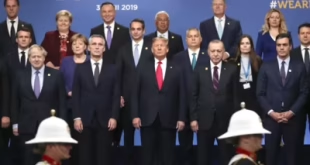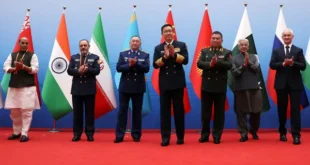- Recently, the Government of India introduced The Taxation Laws (Amendment) Bill, 2021 in the Lok Sabha which seeks to withdraw tax demands made using a 2012 retrospective legislation to tax the indirect transfer of Indian assets.
- The government has stressed the need to establish its sovereign right to taxation.
Important points:
- Sovereignty, in political theory, means the ultimate overseer, or authority, in the decision-making process of the state and in the maintenance of order.
- Derived from the Latin superanus through the French souveraineté, the term was originally understood to mean the equivalent of supreme power.
- Constitutional Sovereignty implies that the constitution is sovereign and supreme.
- In India, the Constitution gives the government the right to levy taxes on individuals and organisations, but makes it clear that no one has the right to levy or charge taxes except by the authority of law.
- Any tax being charged has to be backed by a law passed by the legislature or Parliament (Article 265).
Taxation in India:
- Tax is a pecuniary burden laid upon individuals or property owners to support the government, a payment exacted by legislative authority, and that a tax is not a voluntary payment or donation, but an enforced contribution, exacted pursuant to legislative authority.
- Taxes in India come under a three-tier system based on the Central, State and local governments, and the Seventh Schedule of the Constitution puts separate heads of taxation under the Union and State list.
- There is no separate head under the Concurrent list, meaning Union and the States have no concurrent power of taxation.
Way Forward
- India should exercise its right to regulate while being mindful of its international law obligations, acting in good faith and in a proportionate manner.
- Investor-State Dispute Settlement (ISDS) tribunals do not interfere with such regulatory measures. In sum, the debate never was whether India has a sovereign right to tax, but whether this sovereign right is subject to certain limitations. The answer is ‘yes’ because under international law the sovereign right to tax is not absolute.
SOURCE: THE HINDU ,THE ECONOMIC TIMES,MINT
 Chinmaya IAS Academy – Current Affairs Chinmaya IAS Academy – Current Affairs
Chinmaya IAS Academy – Current Affairs Chinmaya IAS Academy – Current Affairs



